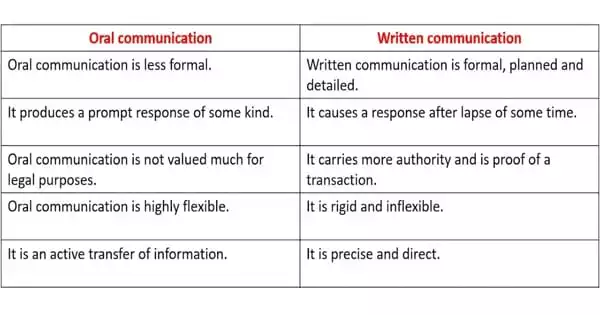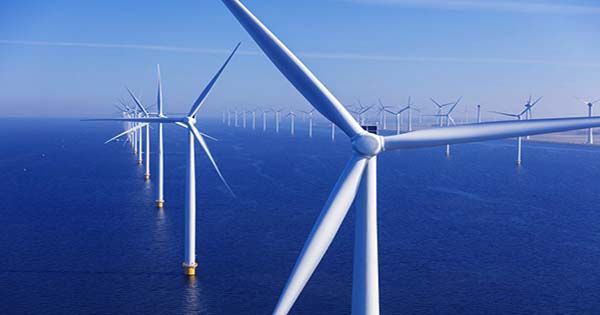According to a research by PitchBook and TechCrunch, VC firms and growth equity funds have invested roughly $42 billion in battery technology businesses across nearly 1,700 acquisitions over the past decade. Furthermore, almost 75% of the investments in that time span occurred in the previous two years alone. In the area of batteries, venture capital businesses aren’t uncommon. Five years ago, they routinely closed 50 to 60 agreements every quarter, totaling a few hundred million dollars.
That began to change at the end of 2020, with many quarters seeing more than $2 billion invested, and a couple seeing more than $3 billion. The volume of transactions has increased as well, nearly tripling in 2021. Growth equity, on the other hand, has been a fantastic success story. Private equity (PE) investments in the battery sector have been irregular in the past. They’ve grown in popularity in the previous year, with growth equity companies investing $13.4 billion in industries including battery materials, makers, and recyclers.
PE’s participation signals a shift in the sector as well as investors’ perceptions of it. Batteries are typically thought of as a high-risk, high-reward investment, the kind for which venture capital was created. But it’s not great for venture capital, either: the R&D process for batteries may take a long time, typically exceeding venture capital’s typical five- to 10-year return timetable.
If the dangers of battery businesses are difficult for VCs to stomach, growth equity investors will find it much more difficult. The amount of some of these bets may be explained by “too much money,” but it does not explain their existence. So, what went wrong? Both venture capital and growth equity are investing in batteries for a variety of reasons. Let’s get started.
Changes in the macro, for one thing, there’s a lot of money waiting to be invested in the economy, which might force some investors into areas they hadn’t previously considered. For VCs, who are used to researching and evaluating risky technology-based bets, such a shift could make sense, but not for growth equity.
The amount of some of these bets may be explained by “too much money,” but it does not explain their existence. Rather, it’s more probable that VC and PE firms have recognized that the world is changing and are adapting their strategy to reflect this. Governments all around the world have begun to set deadlines on the use of fossil fuel vehicles.
In the late 2010s, countries across Europe began issuing prohibitions. By 2025, Norway will stop selling fossil fuel automobiles and light commercial vehicles. In 2030, the Netherlands, Ireland, Sweden, and Slovenia will all have passenger automobiles, followed by Denmark and the United Kingdom in 2035, and France in 2040.
















